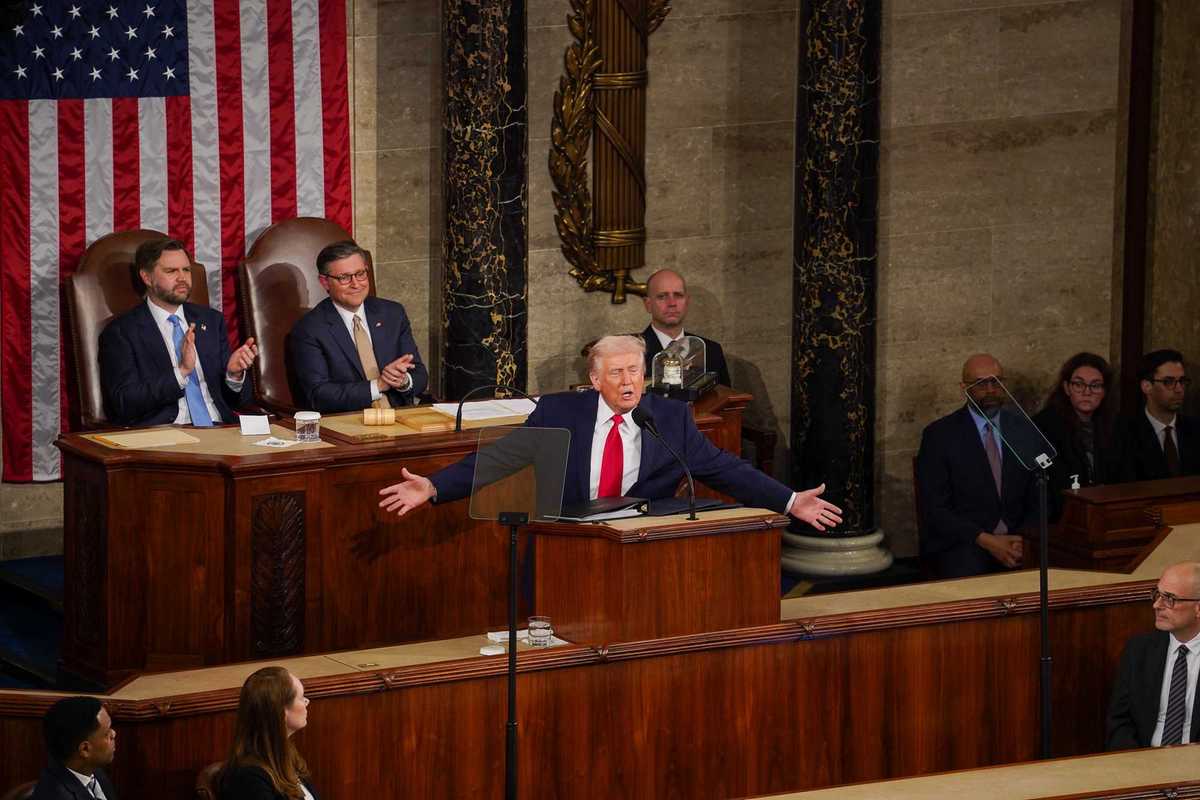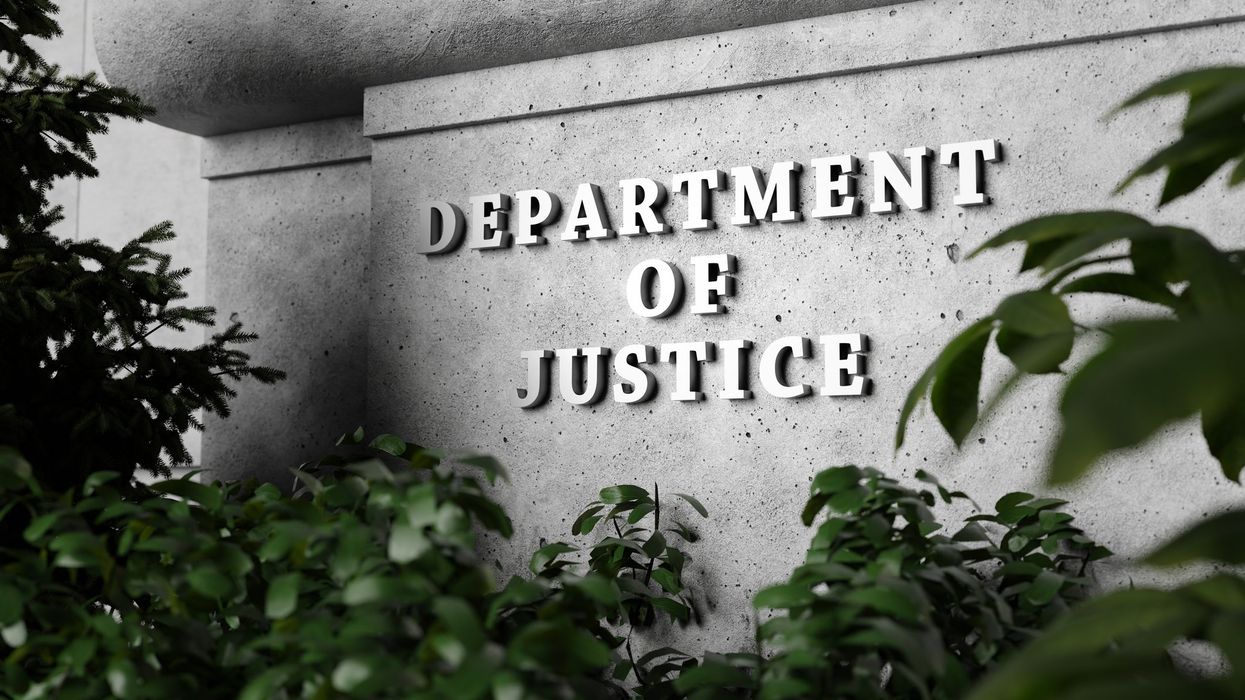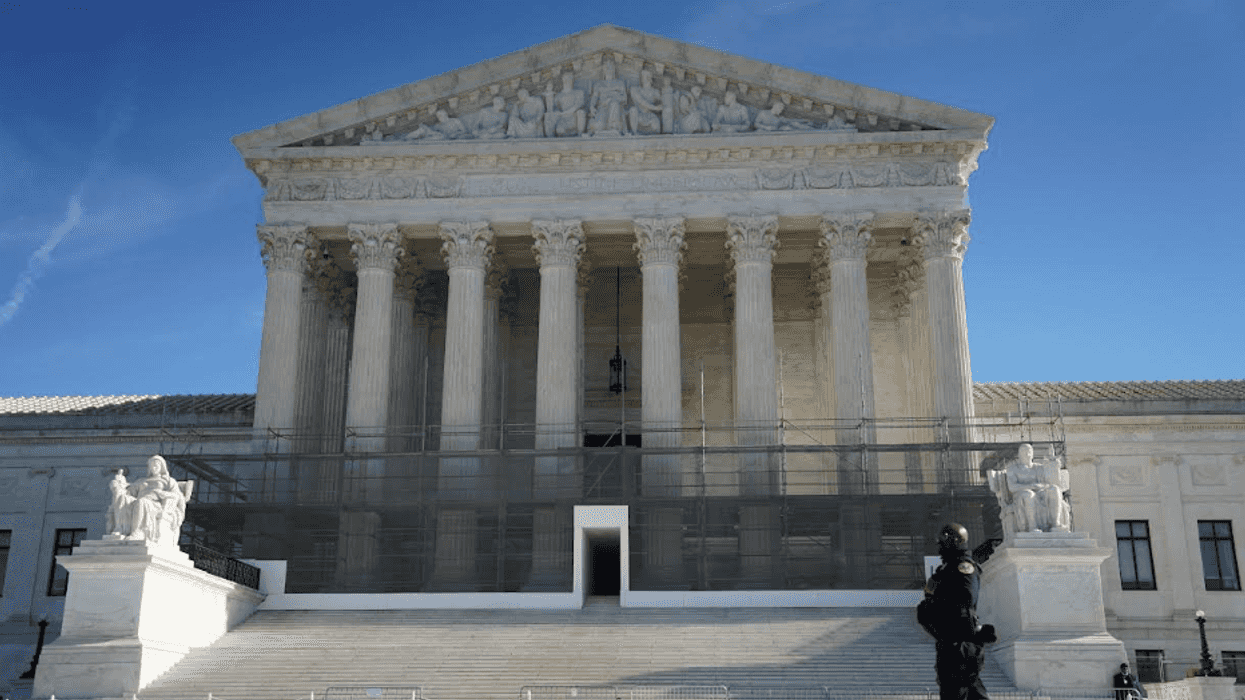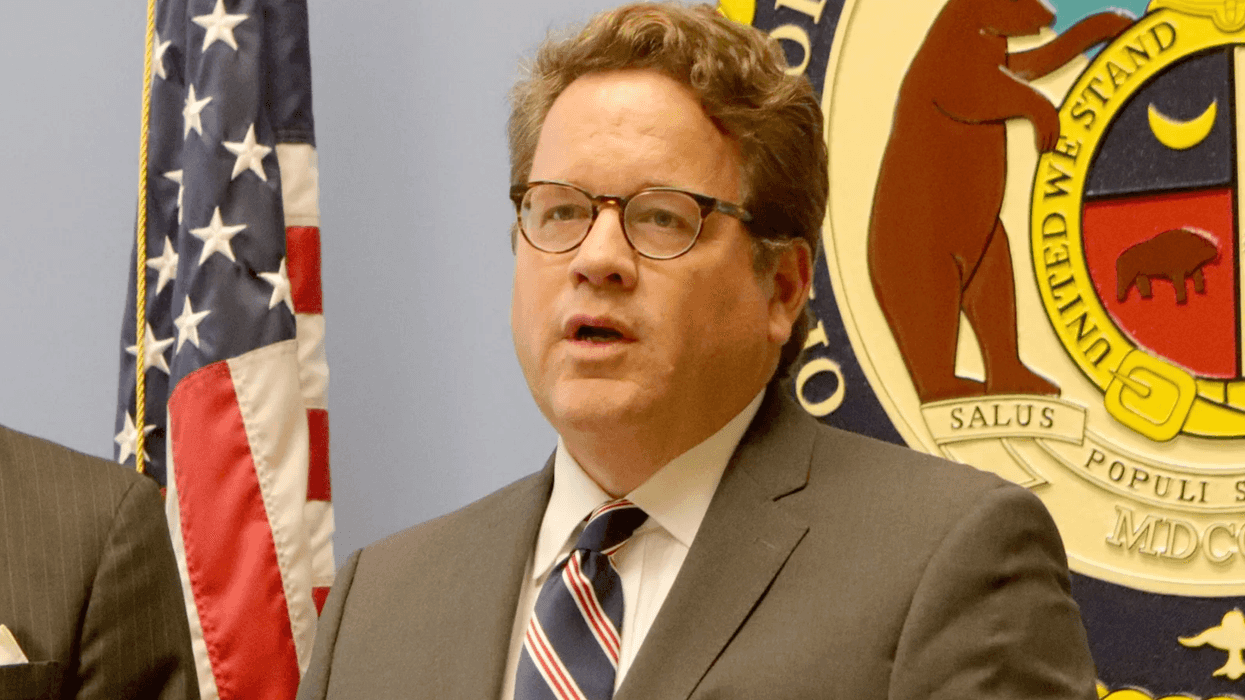Last spring and summer, The Fulcrum published a 30-part series on Project 2025. Now that Donald Trump’s second term The Fulcrum has started Part 2 of the series has commenced.
Since President Trump returned to the White House in January 2025, the Department of Justice (DOJ) has undergone a rapid and radical transformation—one that closely mirrors the recommendations laid out in the controversial Project 2025 blueprint.
From day one, Trump wasted no time issuing Executive Order 14147, titled “ Ending the Weaponization of the Federal Government.” This directive wasn’t just symbolic—it set in motion sweeping investigations inside federal agencies, including the DOJ, demanding that department heads identify and root out so-called political bias and misconduct from past administrations. While framed as a return to impartial justice, the order is being used to target former officials who resisted Trump’s 2020 election claims, including former Homeland Security official Miles Taylor and Cybersecurity Director Chris Krebs. The message is clear: dissent will be punished.
Meanwhile, Attorney General Pam Bondi—another loyalist with deep ties to the Trump campaign—has accelerated enforcement changes that would have once been unthinkable. The DOJ has issued new guidance that threatens legal action against local and state officials who fail to comply with federal immigration crackdowns, particularly those in sanctuary cities. This represents a stunning reversal from previous DOJ positions and marks an expansion of federal muscle into local jurisdictions.
Also under Bondi’s watch, the DOJ has shifted its civil rights priorities. Voting rights enforcement has taken a back seat to high-profile investigations into so-called voter fraud —an issue consistently emphasized in Project 2025 as justification for tighter voting regulations. Civil rights groups warn that these investigations could be used to intimidate voters and justify future restrictions.
Simultaneously, under the guise of government efficiency, the newly created Department of Government Efficiency (DOGE) is implementing mass layoffs and restructuring across federal agencies—including the DOJ. These moves are sold as cost-saving but they function as a loyalty purge, ensuring that only those aligned with Trump’s vision remain in key legal and policy roles.
Perhaps most telling is Trump’s nomination of Dean John Sauer as Solicitor General. Sauer is known for his far-right legal views and was involved in litigation efforts to overturn the 2020 election. His nomination is a loud declaration that this administration intends to fundamentally alter not just how laws are enforced but what laws deserve to be upheld.
None of these moves are happening in a vacuum. They are part of a deliberate strategy to centralize power in the executive branch, weaken federal independence, and reorient American justice toward loyalty over law. For those who brushed off Project 2025 as political fan fiction, the first 100 days of this administration are a sobering wake-up call.
The Department of Justice should be the ultimate guardian of impartiality and the rule of law. Instead, it is being reshaped into a political weapon—one that strikes down opposition and consolidates power behind a single ideology. If this continues, we may soon find ourselves asking not how far Trump will go but how much longer justice will be independent at all.
Kristina Becvar is co-publisher of The Fulcrum and Executive Director of the Bridge Alliance Education Fund.





















